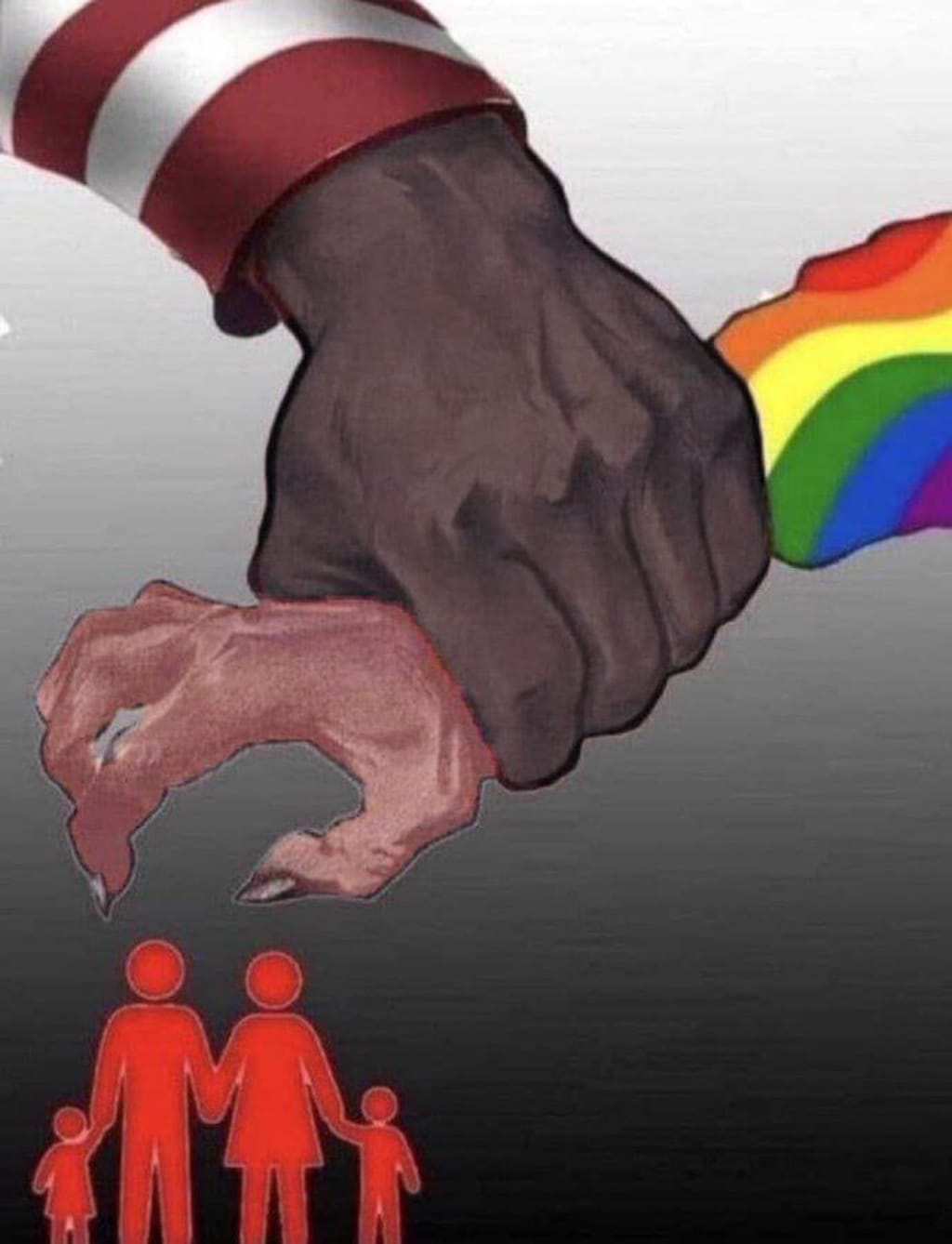Addressing LGBTQ Practices within African Culture and Community
Upholding Cultural Values

Introduction:
As an African policy maker, it is crucial to address the complex and sensitive issue of LGBTQ practices being forced down into our cultural and community contexts by the west. Africa, a continent renowned for its rich cultural heritage and traditional values, has long grappled with the question of LGBTQ rights. Rooted in centuries-old customs, African societies have often regarded homosexuality and gender non-conformity as unacceptable practices. This article aims to explore the perspective that LGBTQ lifestyles are deemed unacceptable and incompatible within African culture and community, seeking to shed light on the traditional values that underpin this viewpoint.
Cultural Context:
African societies have historically been deeply influenced by traditional norms, which emphasize the importance of family, procreation, and gender roles. These cultural foundations prioritize heterosexual relationships and the continuation of family lines through marriage and childbearing. From initiation rituals to communal ceremonies, the preservation of these traditions forms an integral part of African cultural identity.
Religious and Moral foundation Beliefs:
Religion plays a central role in the lives of many Africans, shaping their moral frameworks and guiding their understanding of right and wrong. Christianity, Islam, and indigenous African religions have long influenced African societies, often espousing teachings that condemn homosexuality as contrary to religious doctrine. These belief systems reinforce the perspective that LGBTQ practices are incompatible with African cultural and religious values.
Colonial Influences:
The introduction of European colonialism in Africa further solidified the negative perception of LGBTQ practices. Colonial powers enforced their own conservative values, including criminalizing homosexuality and imposing penalties for same-sex relationships. Although colonialism is no longer a direct influence, the legal and cultural legacies continue to shape contemporary African attitudes towards LGBTQ individuals.
Public Health and Well-being Concerns:
Opponents of LGBTQ practices in Africa often argue that embracing such lifestyles can have negative consequences for public health. They express concerns about the spread of sexually transmitted infections, the potential decline in birth rates, and the destabilization of family structures. These arguments stem from a desire to protect the physical and societal well-being of African communities.
Preserving Cultural Identity:
African societies have long been rooted in cultural traditions that prioritize family, procreation, and gender roles. These values have served as the bedrock of our communities, shaping our sense of identity, social cohesion, and intergenerational connections. Many proponents of traditional African values assert that accepting LGBTQ practices would erode the cultural fabric of the continent. They argue that embracing non-conforming gender identities and alternative sexual orientations may lead to the dilution of longstanding customs and traditions, endangering the cultural integrity that has been preserved for generations.
Challenges of Reconciliation:
As the west world continues to progress the agenda on LGBTQ acceptance, Africa faces the challenge of reconciling its traditional values with evolving global norms. Balancing cultural preservation with human rights considerations is a complex task that requires nuanced and thoughtful dialogue. Finding common ground between these contrasting perspectives is essential for fostering harmony and understanding within African societies.
Conclusion:
The discussion surrounding LGBTQ practices within African culture and community is a sensitive and multifaceted topic. Rooted in centuries of tradition, moral beliefs, and concerns for public well-being, the perspective that LGBTQ practices are unacceptable carries weight for many Africans. To address this complex issue, respectful dialogue is crucial, facilitating conversations that bridge the gap between cultural preservation and the pursuit of equality and human rights. By recognizing and understanding the cultural context from which these viewpoints emerge, African societies can strive towards a harmonious coexistence that respects both tradition and the rights of all individuals, fostering an inclusive future for the continent.
About the Creator
Frank Odhiambo
Frank Odhiambo is a seasoned and passionate writer renowned for his compelling and thought-provoking pieces. Global award winner for "Voice of reason" He has established himself as a prominent voice in the world of authors and writers.






Comments (2)
i've subscribed you. please subscribe me too,it will be a great favor
amazing